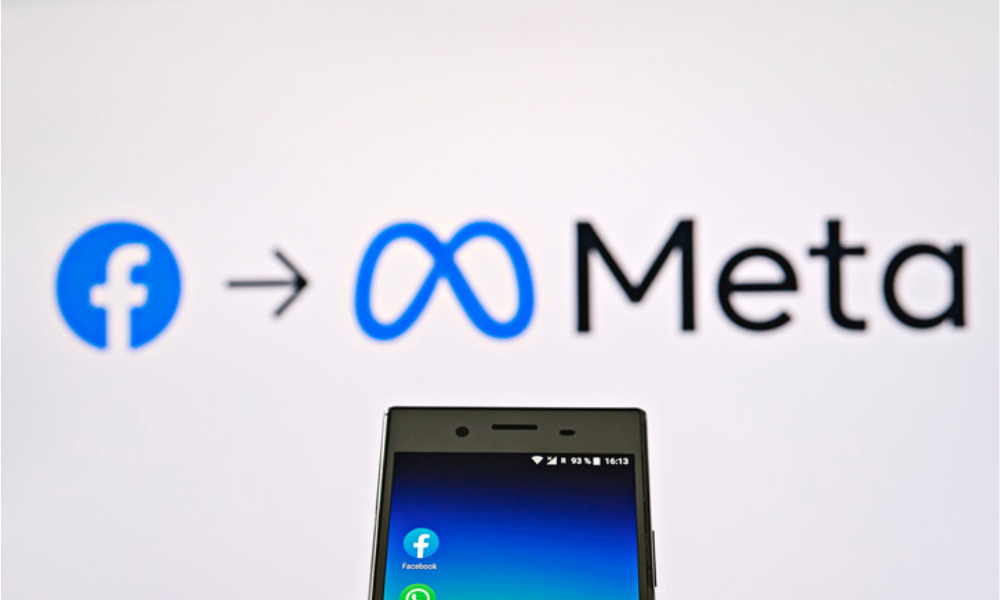
Allegations suggest Facebook's parent company preferring lower wages

A court of appeals in the United States is reversing the dismissal of a proposed class action against Facebook's parent company, Meta, for allegedly discriminating against US citizens during recruitment.
The class action was lodged by Purushothaman Rajaram, a naturalised US citizen, who alleged that Meta refused to hire him because it prefers "noncitizens holding H1B visas to whom it can pay lower wages."
A California federal judge dismissed Rajaram's claim, but the San Francisco-based Ninth U.S. Circuit Court of Appeals ruled, 2-1, on its reversal this month.
"Reversing the district court's dismissal of an employment discrimination action, and remanding, the panel held that 42 U.S.C. section 1981 prohibits discrimination in hiring against United States citizens on the basis of their citizenship," a summary of the decision read.
The Ninth Circuit's decision opposes the 1986 ruling made by the New Orleans-based Fifth Circuit, which declared that the law does not prohibit bias against US citizens.
"Disagreeing with the Fifth Circuit, the panel held that, according to the statutory text, section 1981 prohibits employers from discriminating against United States citizens because an employer that does so gives one class of people — noncitizens, or perhaps some subset of noncitizens — a greater right to make contracts than 'white citizens.'" the Ninth Circuit's decision read.
"If some noncitizens have a greater right to make contracts than 'white citizens,' then it is not true that '[a]ll persons' have the 'same right' to make contracts as 'white citizens.'"
Reuters reported that the opposing interpretations of the law could make the US Supreme Court handle the case if Meta appeals.
The tech giant has yet to comment on the ruling, but Rajaram's lawyer, Daniel Low, said the decision will "lead to more lawsuits seeking to end such discrimination," Reuters reported.
This is not the first time the tech giant was accused of discriminating against US citizens. In 2021, Facebook agreed to a settlement with the US government after it was sued for allegations that it reserved jobs for temporary visa holders through its permanent labour certification programme process.
Facebook was also accused of implementing measures aimed at discouraging US-based applicants. These actions include requiring applications to be submitted via mail, refusing to consider US workers, and hired only temporary visa holders.
As a result, Facebook agreed to pay more than $14 million in settlement.